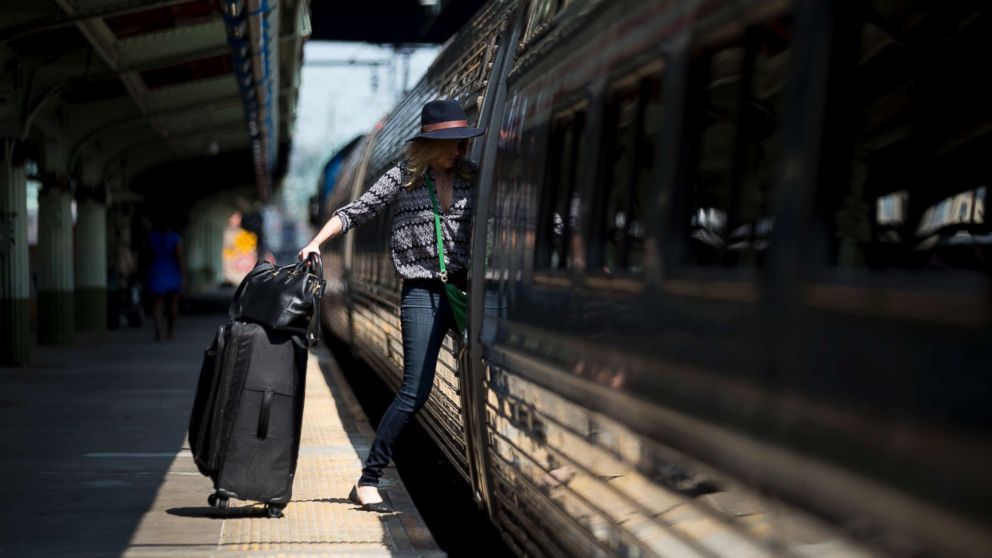Terror threat to US rail puts law enforcement on alert
— -- With terrorist groups renewing calls for would-be attackers to target American rail lines, at least one local law enforcement agency in the U.S. is using drones to help guard against such a threat.
The police chief for the Philadelphia-area's mass-transit system said he has known for some time that more than 140,000 miles of rail lines crisscrossing America are "porous" and had thought for a while of using drones to monitor the agency's tracks.
He initiated the drone program after an article in the latest issue of al Qaeda's English-language publication gave step-by-step instructions for fashioning a "homemade derail tool" and claimed that railroads are among America's "easiest targets."
"It is time that we instill fear and make them impose strict security measures to trains as they did with their air transportation," the publication said.
The al Qaeda article prompted the federal Transportation Security Administration to send a security notice to law enforcement across the nation, ABC News has learned.
Amid this threat, Thomas Nestel, police chief for the Southeastern Pennsylvania Transit Authority, told ABC News' David Kerley, that drones are "a great way for us to patrol a track without walking on the track, putting officers in jeopardy safety-wise."
"Using the drone can cover a whole lot of area in a much faster span of time," he said.
"This was bouncing around in my head for a little while and then when that ... article came out, I pulled the trigger, I said, 'Let's do it,'" Nestel said.
The transit-agency's drone, which is equipped with a high-resolution camera, can help officers detect intruders or anomalies on the tracks and provide information that could lead authorities to stop trains before they reach a problem area.
John Cohen, a former counterterrorism coordinator for the Department of Homeland Security and an ABC News contributor said, "Al Qaeda and ISIS are very interested and are urging their followers to conduct attacks against our nation's rail infrastructure."
Cohen added, "Securing the rail infrastructure is an incredible challenge. There are literally thousands of miles of tracks. There are rail stations that are open to the public. It's a very difficult job."
Terrorists' targeting of trains is not new. From Madrid to London to Brussels, hundreds have been killed in attacks against commuter trains in Europe.
Threats of rail attacks have hit even closer to home.
In a journal recovered by U.S. Navy SEAL teams during the operation that killed Osama bin Laden, the al Qaeda leader outlined a potential plot against the U.S. rail system to occur on the 10th anniversary of the Sept. 11, 2001, terror attacks. (The rail attack never happened.)
In 2009, the FBI arrested a 25-year-old Afghani national living in Colorado for his role in an alleged conspiracy to bomb the subway system in Manhattan.
And in 2012, an undercover U.S. agent foiled an alleged plot to derail a New York-bound passenger train in Canada.
Still, Cohen said that "for TSA to send out a warning to law enforcement says that, 'We are concerned about this threat; we need you to be concerned about this threat as well,'" Cohen said.
"It's nice that they put out a magazine and let us know what suggestions they provide to their followers," Cohen said of the terror magazine. "Because we're already thinking about how to defeat attacks."
ABC News' Daniel Steinberger and Mike Levine contributed to this report.




